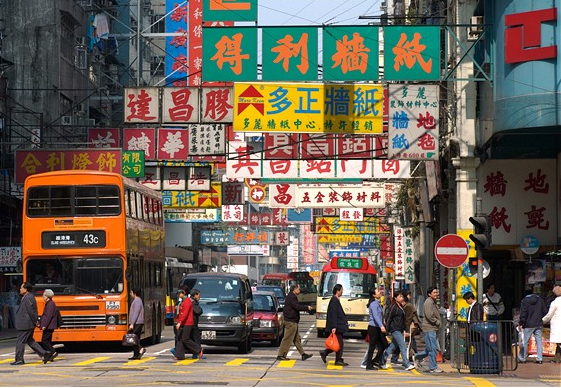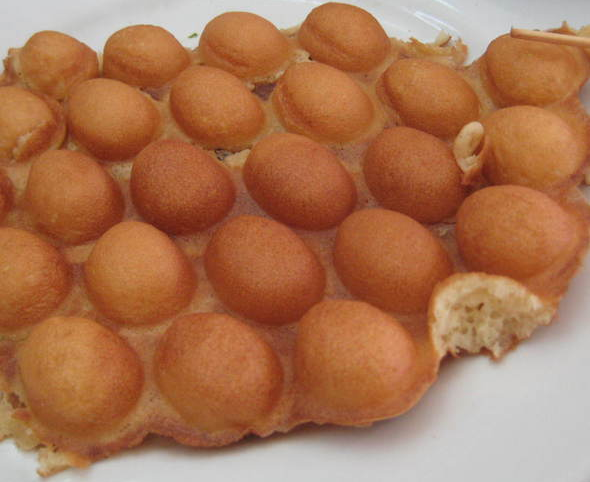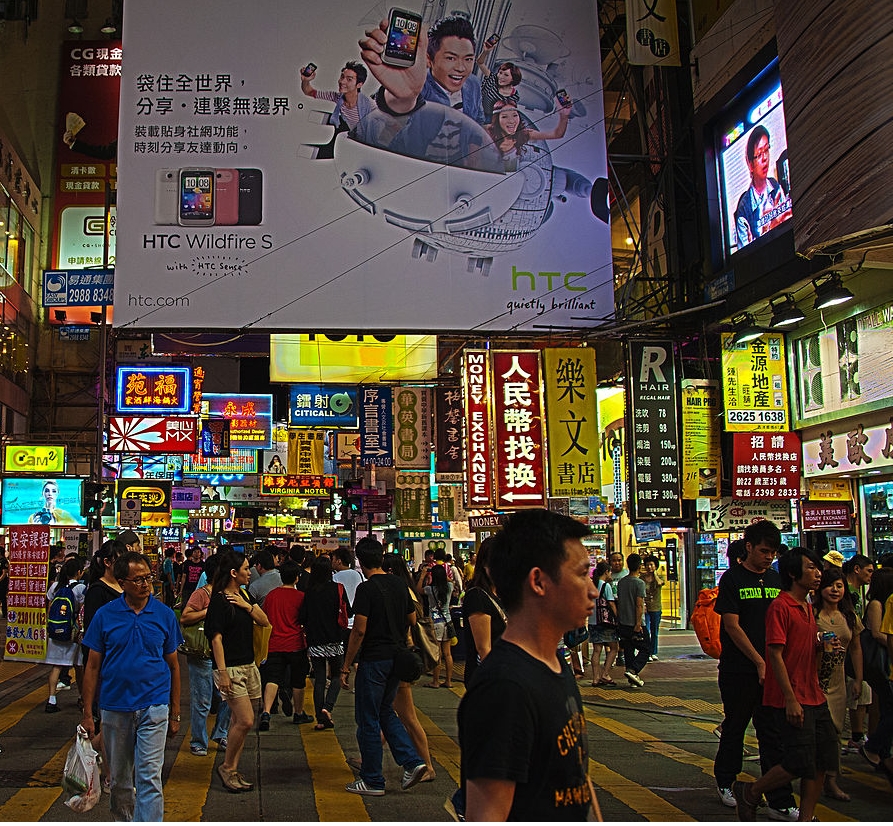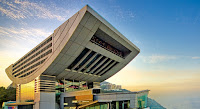The cuisine in Hong Kong is known to be the “World’s Food Fair” due to it being a popular tourist destination for dining out. Hong Kong offers a great variety of food, ranging from street food to world-class restaurants.
Hong Kong cuisine is mainly influenced by Cantonese cuisine where ingredients such as sugar, salt, soy sauce, spring onion, cornstarch, vinegar etc is used to create an authentic flavour.
The must eat foods in Hong Kong includes:
- Seafood
- Crabs
- Lobsters
- Prawns
- Fish
- Yum Cha
- Dumplings (fried/steamed)
- Pork buns
- Chicken feet
- Chinese BBQ
- BBQ Pork
- BBQ Goose
- Roast Pork
The local flavours in Hong Kong includes:
- Local snacks
- Egg tart ( etc)
- Mini egg puffs
- Noodles and Congees
- Wonton noodles
- Cantonese style congees
- Desserts
- Sweet red bean soup
- Mango puddling
- Tofu puddling
- Hong Kong stir-fry
- Sweet and Sour Pork
- Stir fried beef with vegetables
These are the examples of Hong Kong cuisine you may find when travelling to Hong Kong, where the food experience is a fulfilling journey that has endless possibilities of cantonese influenced dishes.
It’s fried, baked, steamed, grilled, sliced, diced and stuffed. More to the point, Hong Kong’s seafood is very fresh. So fresh, you can see it swimming minutes before it’s on your table. True to form, Asia’s world city also offers up seafood in a variety of dining experiences that range from cosmopolitan fusions that would impress the most jaded epicurean all the way down to the best-served-with-beer ‘sampan-style’ concoctions.
For a truly enjoyable seafood feast, desert the downtown for a few hours and head for a seafood district. Here you will find rows of restaurants where you can pick your prey from an aquarium and eat it alfresco while enjoying picturesque sea views on a balmy Hong Kong evening.


















